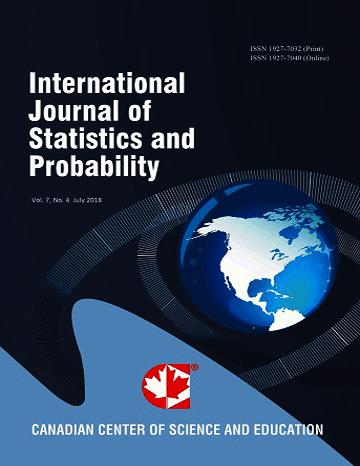Economic Analysis of Optimal Sample Size in Legal Proceedings
- Aren Megerdichian
Abstract
In many legal settings, a statistical sample can be an effective surrogate for a larger population when adjudicating questions of causation, liability, or damages. The current paper works through salient aspects of statistical sampling and sample size determination in legal proceedings. An economic model is developed to provide insight into the behavioral decision-making about sample size choice by a party that intends to offer statistical evidence to the court. The optimal sample size is defined to be the sample size that maximizes the expected payoff of the legal case to the party conducting the analysis. Assuming a probability model that describes a hypothetical court’s likelihood of accepting statistical evidence based on the sample size, the optimal sample size is reached at a point where the increase in the probability of the court accepting the sample from a unit increase in the chosen sample size, multiplied by the payoff from winning the case, is equal to the marginal cost of increasing the sample size.
- Full Text:
 PDF
PDF
- DOI:10.5539/ijsp.v8n4p13
Index
- ACNP
- Aerospace Database
- BASE (Bielefeld Academic Search Engine)
- CNKI Scholar
- DTU Library
- Elektronische Zeitschriftenbibliothek (EZB)
- EuroPub Database
- Excellence in Research for Australia (ERA)
- Google Scholar
- Harvard Library
- Infotrieve
- JournalTOCs
- Mir@bel
- Open policy finder
- ResearchGate
- Technische Informationsbibliothek (TIB)
- UCR Library
- WorldCat
Contact
- Wendy SmithEditorial Assistant
- ijsp@ccsenet.org
